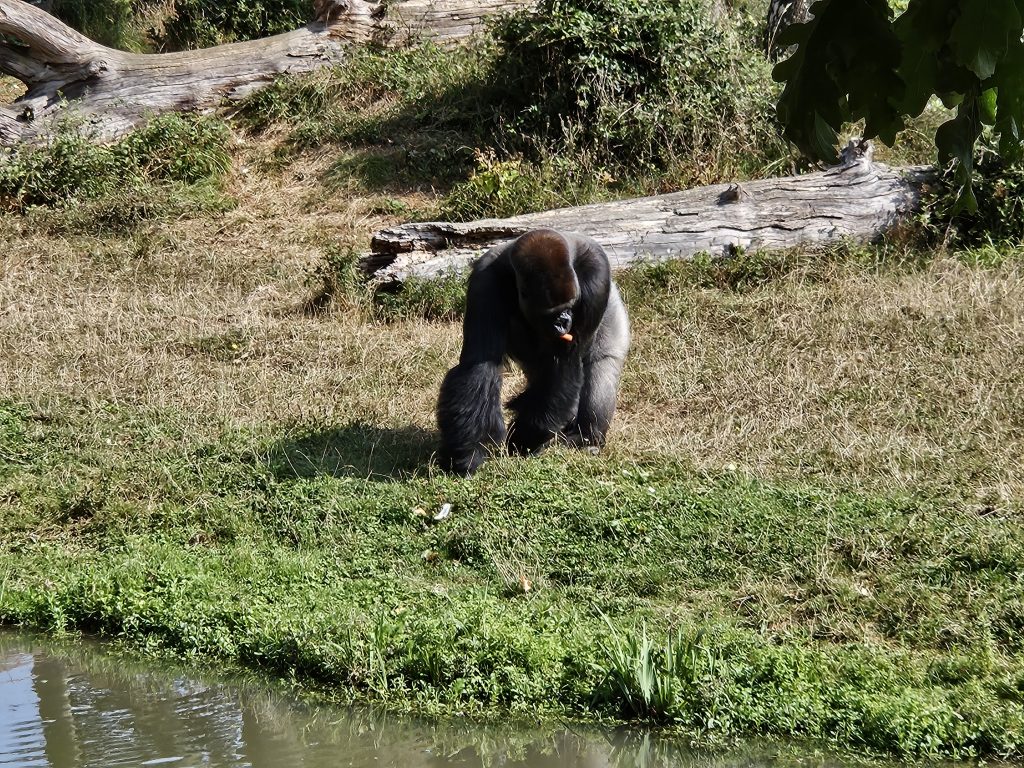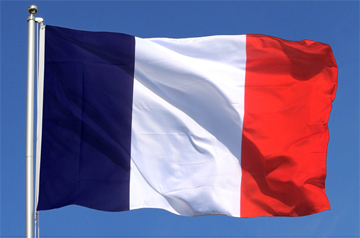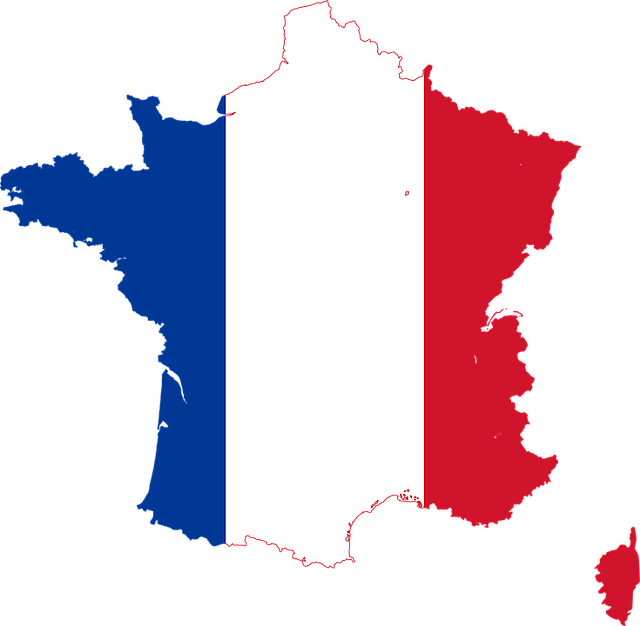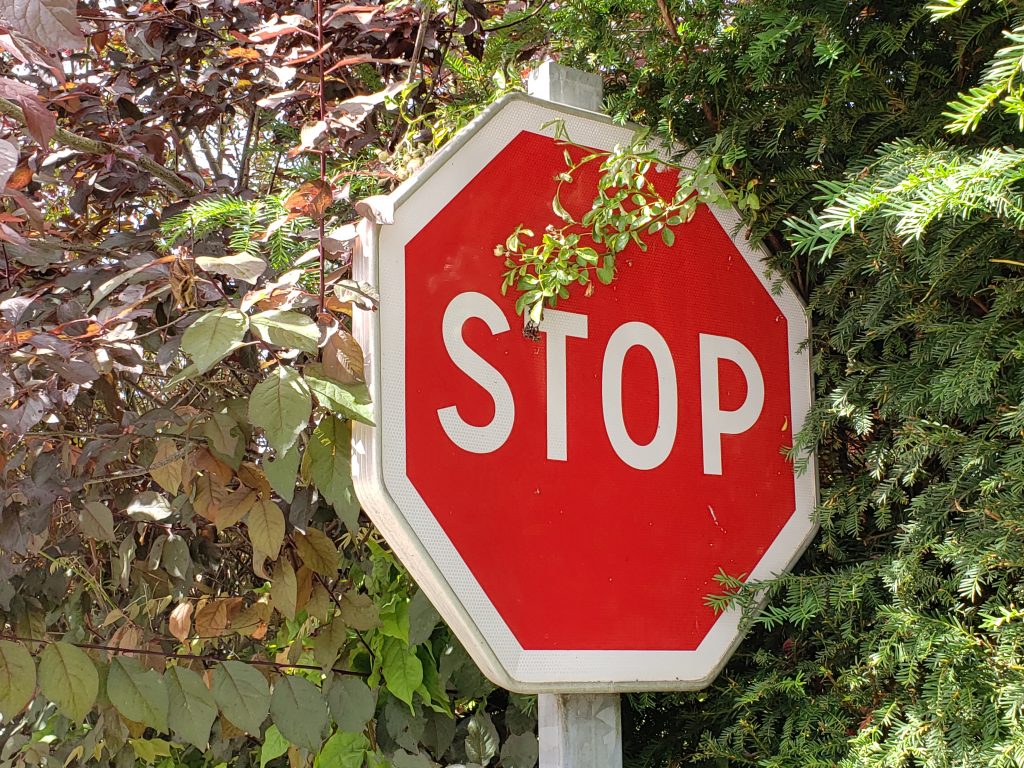
This guy lives in France. Photo by the author.
If you’ve tried to learn a foreign language, you will probably appreciate this tale. I have studied French for at least the past five years. Not this week, though. The thing is that I completed the Duolingo French course, which is good, yes? Of course that, along with living in France and interacting in daily life by speaking that language, got me to what is known as a B1 level of mastery, which is to say, lower intermediate French. Especially in comprehension, just finishing Duolingo’s course doesn’t mean that you know French. Trust me on that! English is a tough language to learn. I’ve known quite a few native American English speakers who really aren’t very good at using the English language, so don’t take this wrong, but French has some stupid aspects. Gendered nouns, for instance. Who cares what gender a washing machine is? It’s a washing machine! It has no gender! In America we argue over gender in Humans, for Pete’s sake! Washing machines, grass, automobiles, houses, sidewalks, books, anything at all? That’s nuts! Show me an inanimate object that gives an obese rodent’s derriere about gender, I defy you!
Ahem. And there are other things about French that are silly (and about English, but that’s for another post entirely.) The point I’m making here is that I completed the course and still wasn’t that great at French. But, to be fair, it was better than I was in Spanish back when I completed the Spanish course. They called it “running the tree” and while I could (technically) have a simple conversation in Spanish, I never rose to the level of B1. A2, maybe, which is “advanced beginner.”*
That was the end of my Spanish instruction (on Duolingo at least). For French, though, after the course is over I can, as you might expect, repeat any lesson I wish to, but more than that, there is the “Daily Reminder” that gives me exactly six lessons, including two stories (yay!) every single day, and concentrates on whatever the algorithm has noticed that I need to work on. And, here again don’t get me wrong, it works. I’m advancing toward a B2 (advanced intermediate) level, which is enough to use to apply for French nationality if I wanted to. (What I want is to be comfortable most of the time as I do business in the French language. That’s all.) Last week I hit a wall. I couldn’t remember how to ask for a sandwich, or so it seemed. (Un sandwich, s’il vous plaït.) So this week I did something radical. I have not studied French all week, other than talking with French people from time to time. (Results were, as always, mixed.) But my Duolingo record remains unblemished because in addition to Daily Reminders in French, I’ve gone back to the Spanish course, now much enlarged, where I find that my vocabulary, my biggest obstacle in Spanish for years, is expanding at a fantastic rate. Most weeks I do a few Spanish lessons, but this week it’s mucho de Español cada día. It’s an interesting experiment, which ends after Tomorrow when I return to the world of Daily Reminders in French. So far, I’m feeling a lot better about Spanish, and a lot more willing to return to what is, perforce, my new second language.
Souhaite-moi bonne chance, s’il vous plaît.
You can probably figure out what that means, huh? À ls prochaine!
*I got to “advanced beginner” swim class in twenty minutes flat. Of course, no one asked me to identify the gender of the water . . .


